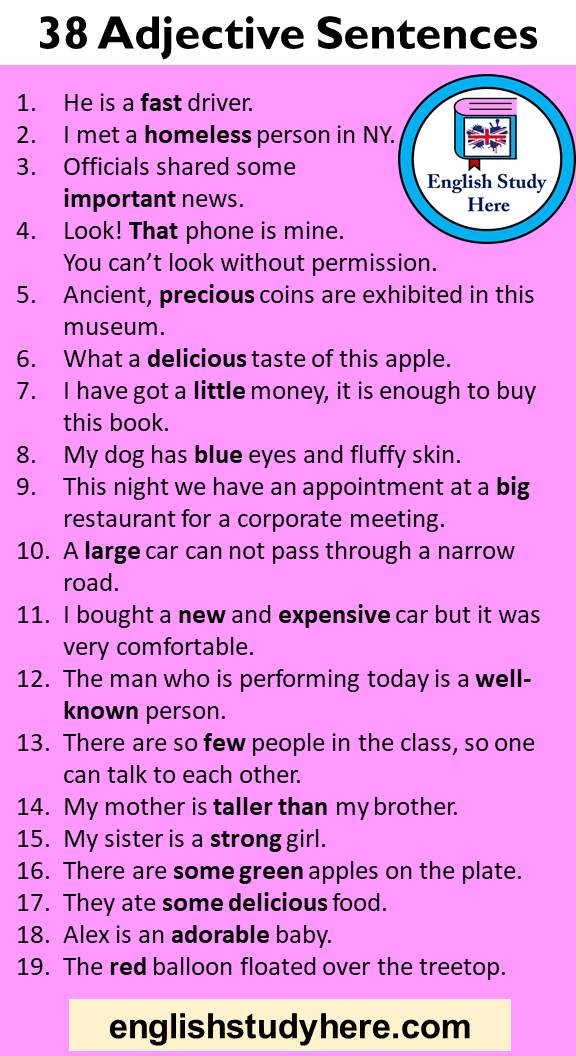

When your reader thinks of the thing, he or she will also think of the description because the description becomes part of the name. In this way, the description becomes part of the name of the thing they are inseparable. In this strategy, you immediately follow the name of a thing with an adjective or descriptive phrase. You force the reader to pay attention to them, reflect on them, and remember them. The writing guide Bang: Writing with Impact explains it this way:Īny time you place words out of their normal order, you create impact. Another example is the movie title Mission Impossible. This is called hyperbaton, which means to use out of the normal order to emphasis or to modify the meaning of the noun preceding the adjective. That's why they are sometimes used after the nouns proper. They live in the town proper (in the town itself, not in the suburbs) Taking a look at another example:Īdjectives may even change meaning depending on whether they precede or follow, as in proper: They live in a proper town (a real town, not a village) vs. For example, in your example, there's a difference between "proper reptiles" and "reptiles proper".

Why do they follow these nouns? Sometimes it is imperative for them to follow the nouns they modify. Name suffixes, such as Junior and Senior, also function as postpositive adjectives modifying proper names. Aplenty, galore, and the informal extraordinaire are examples of adjectives that are primarily used postpositively in modern English. In some languages this is the normal syntax, but in English it is rare, largely confined to archaic or institutional expressions. These are called post-positive adjectives:Ī postpositive adjective is an adjective that appears after the noun that it modifies.


 0 kommentar(er)
0 kommentar(er)
